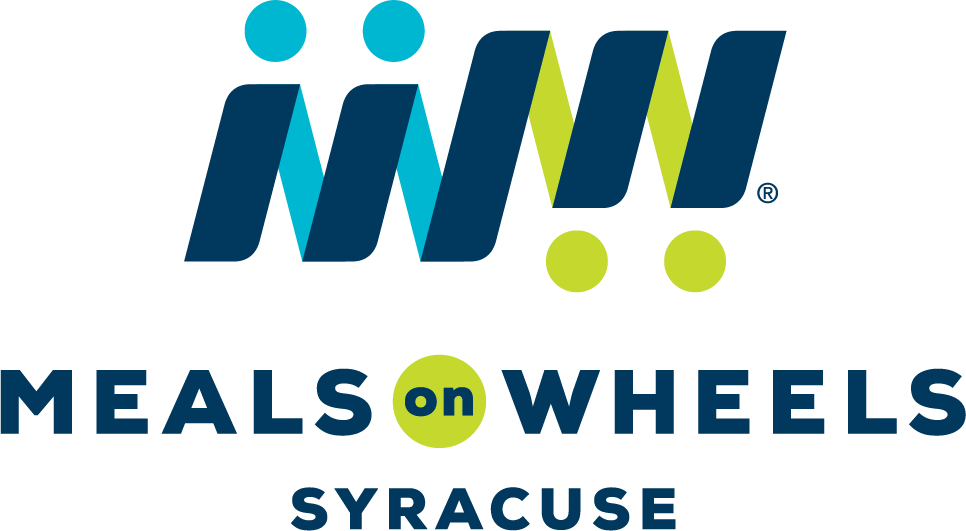The Meals on Wheels Network
The first Meals on Wheels program in the United States was started in 1954 by a caring group of individuals in Philadelphia, PA who wanted to support neighbors who had grown unable to shop for and prepare their own meals. This concept of neighbors serving neighbors in need is the hallmark of what has grown into a national movement providing foundational social services in communities all across America.
The Meals on Wheels Special Ingredients
Meals on Wheels delivers a nutritious meal, a safety check and the smile that serve as a lifeline to homebound and socially isolated seniors. This combination of services goes well beyond fighting the battle against the hunger that threatens one in six of America’s seniors – it provides the support and peace of mind that enable them to remain safely and securely in their own homes as they continue to age.
The Billion Dollar Side Effect: Meals on Wheels Saves
Enabling seniors to stay in their own homes means they remain happier, extend their independence and can stay connected to the communities and surroundings that provide them comfort. The powerful side effect of this result is that it means seniors can stay out of expensive nursing facilities and hospitals – an outcome that saves taxpayers billions of dollars in healthcare and medical expenses alone.
These figures are a powerful demonstration of how, in the case of caring for our senior neighbors, doing what’s right is also what’s best for us all.
The Proven Meals on Wheels Partnership
Meals on Wheels is an effective and proven public/private partnership that serves virtually every community in the country. What began as a community-supported approach to addressing seniors' socialization, safety and nutritional needs eventually got the attention of lawmakers in Washington who recognized it as a national issue. Through the passage of the Older Americans Act of 1972, local programs now receive supplemental funds to support their work. This landmark legislation enhances the collaborative partnership model that exists today.
On a national level, approximately one third of Meals on Wheels program funding comes from the Older Americans Act while the remaining two thirds emanates from private donations, client and family contributions, corporate partnerships, state and local governments and foundations.


